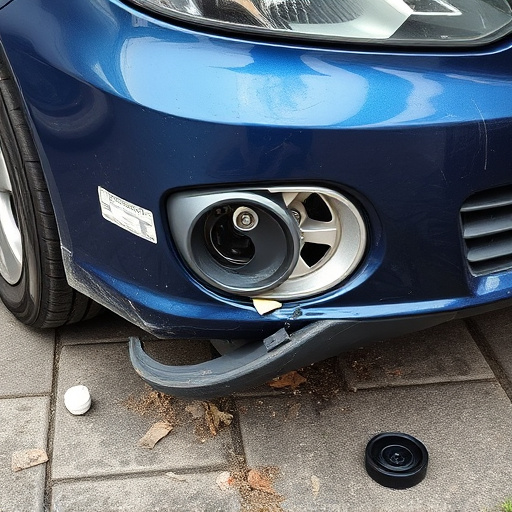Insurers and auto repair shops rely on clear and detailed repair quality measurements reports for fairness, transparency, and trust in claims processing. These reports verify damage, ensure precise cost assessments, reduce disputes, and promote accountability, ultimately enhancing customer satisfaction with high-quality vehicle body repair services and fair compensation.
Insurers rely on clear, precise repair quality measurements to ensure fair claims processing. This article delves into the significance of these reports, highlighting how they promote accuracy and transparency in the claim settlement process. By understanding the role of repair quality measurements, insurers can streamline their operations, reduce fraud, and enhance customer satisfaction. We explore the benefits for both insurers and claimants, emphasizing the importance of standardized reporting in today’s digital era.
- Understanding the Importance of Repair Quality Measurements
- The Role of Reports in Ensuring Accuracy and Transparency
- Benefits for Insurers and Claim Process Efficiency
Understanding the Importance of Repair Quality Measurements

Insurers play a pivotal role in facilitating the post-accident restoration process for vehicle owners. As such, they require clear and detailed repair quality measurements to ensure that repairs are carried out accurately and to a high standard. This is not merely about aesthetics; it’s about safety and reliability. A precise assessment of damage and subsequent repair ensures that the car meets its pre-incident condition or surpasses it, incorporating modern safety standards.
For collision repair centers and auto collision centers, providing these reports isn’t just a requirement—it’s an opportunity to demonstrate professionalism and expertise in car bodywork. Accurate measurements not only help insurers process claims efficiently but also foster trust between all parties involved. This transparency is crucial for maintaining a robust and trustworthy ecosystem within the automotive industry, where repair quality and customer satisfaction go hand in hand.
The Role of Reports in Ensuring Accuracy and Transparency

Insurers rely on clear and detailed repair quality measurements reports to ensure accuracy and transparency in the claims process. These reports play a pivotal role in verifying the extent of damage sustained during a vehicle collision repair or auto body repair. By providing precise measurements, professionals can accurately assess the cost of repairs, ensuring that insurers and policyholders alike receive fair compensation.
Furthermore, transparent reporting helps build trust between all parties involved in the claims process. It allows insurers to make informed decisions, reduces disputes over repair costs, and fosters a culture of accountability among repair shops. This, in turn, benefits customers by guaranteeing they receive high-quality vehicle body repair services while maintaining financial integrity throughout the claims settlement process.
Benefits for Insurers and Claim Process Efficiency

Insurers greatly benefit from clear and detailed repair quality measurements reports. These reports provide a comprehensive overview of the damage and repair work performed on vehicles involved in collisions or accidents. By accessing such documentation, insurers can streamline their claim processing procedures significantly. Accurate information about the extent of repairs ensures that claims are evaluated and settled faster, reducing administrative burdens and potential delays.
Furthermore, these reports assist insurers in making informed decisions regarding reimbursement for collision repair services, auto detailing, and car dent repairs. The transparency offered by well-structured reports enables efficient cost allocation and helps in maintaining fair practices. This, in turn, enhances customer satisfaction as policyholders receive timely compensation for their vehicle repairs, fostering a positive perception of the insurer’s claim management processes.
Insurers heavily rely on clear, detailed repair quality measurements reports to maintain accuracy and transparency throughout the claim process. These reports play a pivotal role in efficient claim management, ensuring that repairs are conducted to high standards and reducing potential disputes. By implementing robust reporting systems, insurers can streamline operations, enhance customer satisfaction, and ultimately foster trust in their services.













